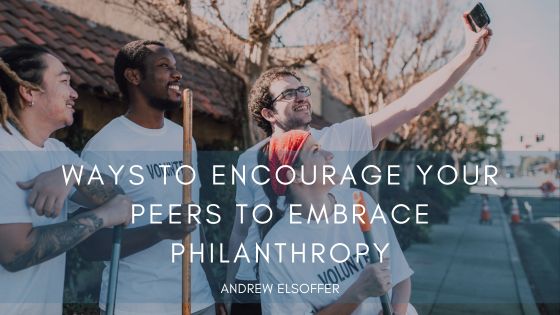In a world rife with challenges, from environmental crises to socio-economic disparities, the significance of philanthropy cannot be overstated. Altruism is more than just donating money; it’s about making a lasting impact and creating a ripple effect of positive change. Many believe that this role is reserved for the wealthy elite, but every individual, regardless of their financial standing, has the power to make a difference. The key is cultivating a philanthropic spirit within our communities and encouraging those around us to contribute.
Historically, philanthropy has been the prerogative of monarchs, nobles, and the affluent. Think Carnegie, Rockefeller, and more recently, Gates and Buffett. Yet, as society evolves, it becomes increasingly clear that fostering a culture of giving isn’t exclusive to the rich. The digital age has democratized philanthropy, making it accessible and resonant. Grassroots movements, crowdfunding campaigns, and community-driven initiatives demonstrate that collective action can lead to significant change, even with small individual contributions. However, encouraging this mindset, especially among peers who may not yet see its value, requires targeted strategies and a shared vision.
Leading by Example
Leading through personal action is one of the most influential ways to inspire others. Demonstrating genuine commitment to a cause creates authenticity and builds trust. When peers witness firsthand the joy and fulfillment derived from philanthropic endeavors, they are more likely to be drawn to it. Consider volunteering at local organizations, participating in fundraisers, or initiating community projects. Share these experiences not as a form of boasting but as narratives of personal growth and community betterment. Photographs, blogs, or casual conversations about these ventures can be powerful testimonials. A consistent and visible commitment can highlight the tangible benefits of giving back and create a subliminal nudge for others to join the journey.
Educate and Engage
Knowledge is power. Many might refrain from philanthropic activities simply because they’re unaware of the issues or avenues available to help. Hosting educational sessions, workshops, or even movie nights centered around pressing issues can illuminate areas needing attention. Inviting guest speakers from nonprofit organizations or beneficiaries of charitable efforts can provide firsthand insights, making the cause more relatable. Additionally, create platforms where peers can voice their concerns, ask questions, and discuss potential solutions. Through dialogue and understanding, individuals often find their passion projects or causes they deeply resonate with. Active engagement and the correct information can empower peers to step forward and make a difference.
Foster a Collaborative Spirit
Human beings are inherently social creatures. Leveraging this natural inclination towards the community can be instrumental in promoting philanthropy. Organize group initiatives, such as community clean-ups, fundraisers, or collaborative donation drives. When people work together towards a shared goal, the task seems less daunting, and the collective energy can be infectious. Celebrate the successes, however small, and ensure everyone feels valued for their contributions. Encouraging team dynamics amplifies the impact and creates a supportive environment. This camaraderie can be a significant draw for many, turning philanthropic activities into enjoyable, community-building events rather than obligatory tasks.

